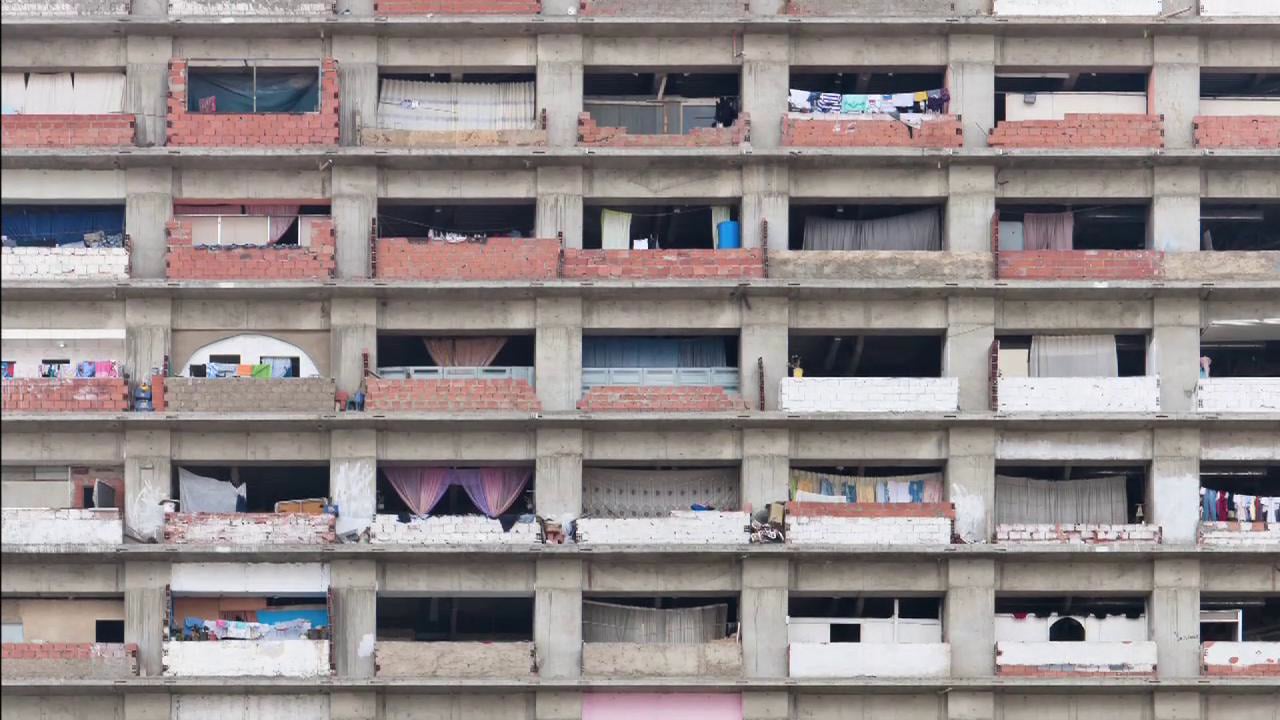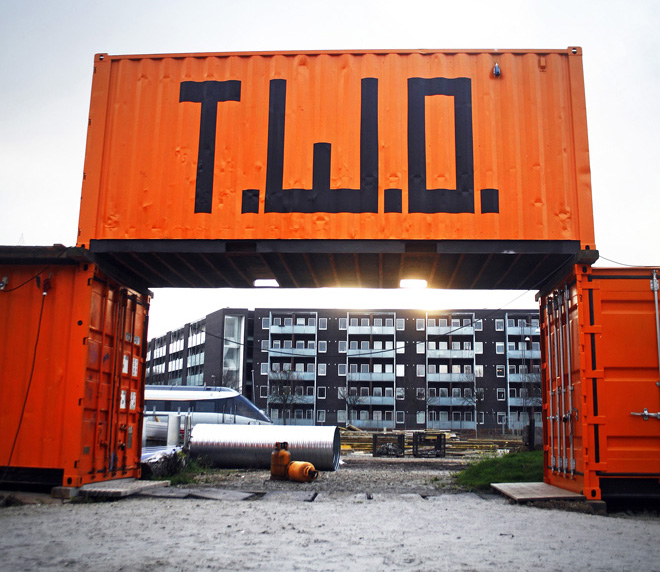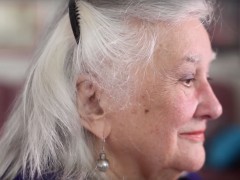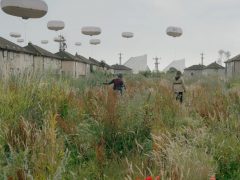“The streets are twenty feet broad; there lie gardens behind all their houses… Their doors have all two leaves, which, as they are easily opened, so they shut of their own accord; and, there being no property among them, every man may freely enter into any house whatsoever.”
Thomas More, Utopia, first published in 1516
Today is a chilly December morning and our host, Christian Juuls Wendell leads me and a group of young people from Hull and Aarhus through a warren of wood workshops: past a blacksmith and out to the area they use for converting shipping containers into anything from food stalls to homes. This is Institut for X in Aarhus, Denmark, a utopia of sorts that has sprung up on the outskirts of the city centre and that is heralded as an example of how to design and manage the cities of the future.
Once home to the city’s homeless and dispossessed, the former railway yard now houses designers, architects, carpenters and artists – who over the last nine years, have built an improvised village from sheds, shacks and old shipping containers. A form of ‘bottom-up’ development, the area provides small scale solutions which in turn act as the fertile soil for building a creative and inclusive city – which adapts to the needs of its citizens.
Its success may be due, in part, to what Christian calls ‘municipal bowling’ – where getting permission from a city government for grassroots development is just a question of finding the right person to persuade. Find the right person and they themselves will advocate for change and persuade the rest of the city administration to come on side.

From examples such as Torre David in Caracas – a 45 storey high-rise left abandoned after the collapse of the Venezuelan economy and adapted by a community of 750 families – to digital infrastructure and questions over how and smart technology is deployed in our cities, the arguments about who is best placed to lead development of our cities continues.
Watch Christian’s interview to hear his views from the ground in Aarhus.




